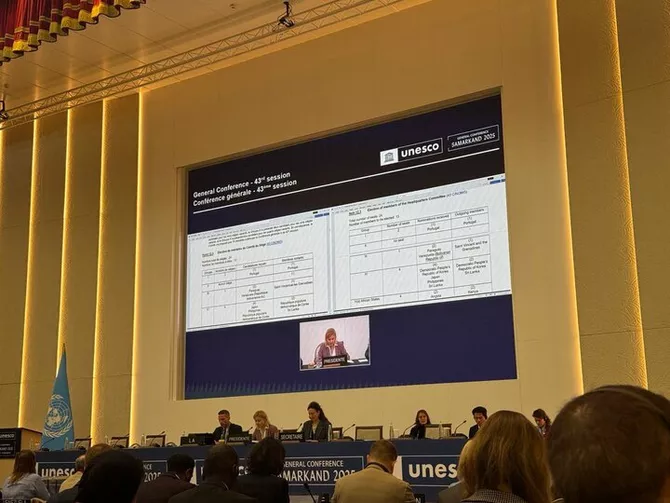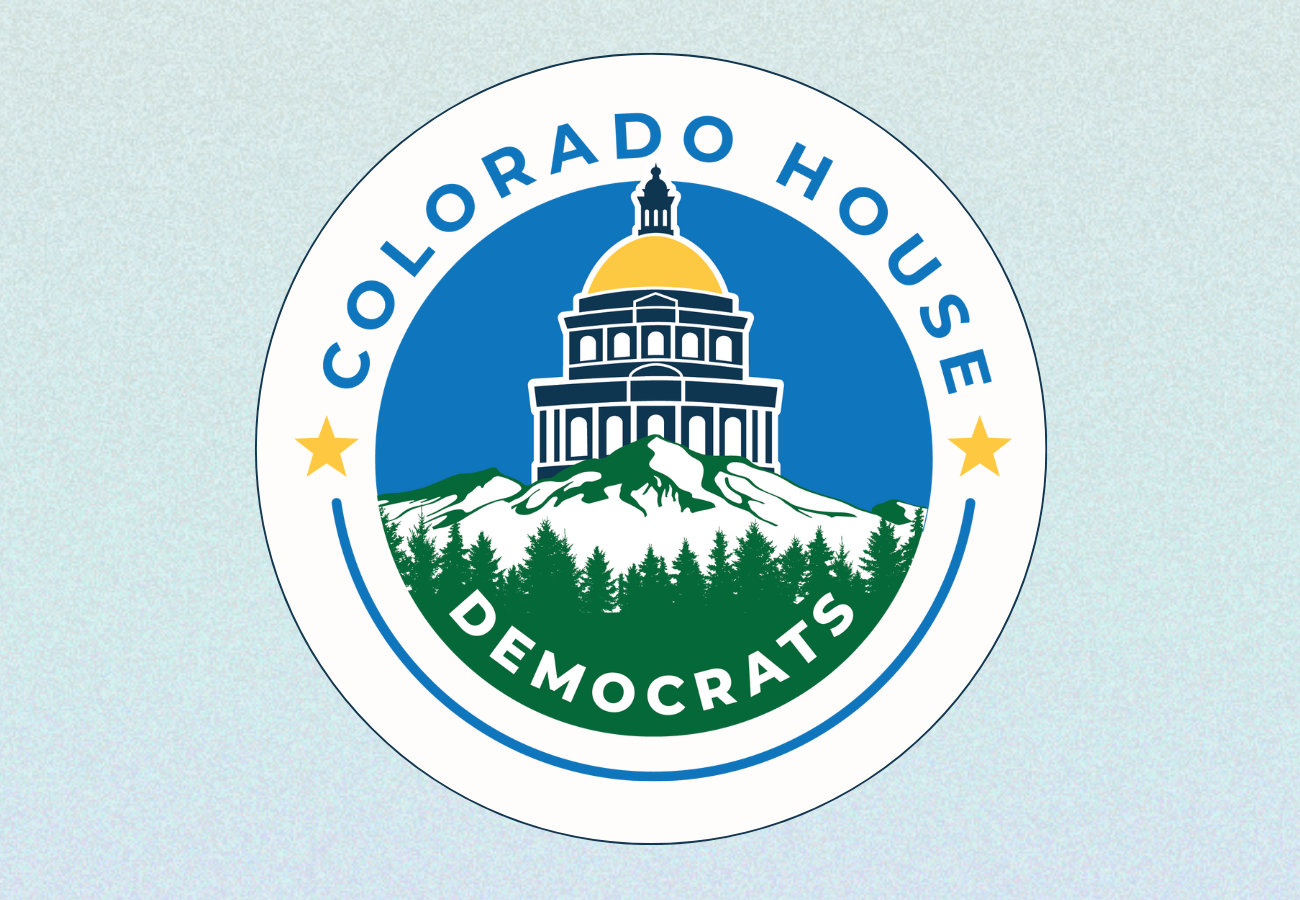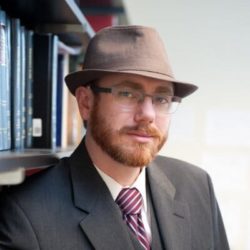Iran Elected to Four Major UNESCO Committees at Samarkand Conference – Caspian Post

Report on Iran’s Election to UNESCO Committees and Alignment with Sustainable Development Goals
Following the 43rd UNESCO General Conference, the Islamic Republic of Iran secured unanimous election to four principal committees, enhancing its capacity to contribute to international frameworks directly aligned with the 2030 Agenda for Sustainable Development. The appointments represent a significant opportunity for Iran to influence global policy on justice, health, cultural heritage, and social equity.
Overview of Committee Appointments and SDG Relevance
Iran’s membership was confirmed for the following committees, each of which plays a critical role in advancing specific Sustainable Development Goals (SDGs):
- Legal Committee
- International Bioethics Committee (IBC)
- Intergovernmental Committee for Promoting the Return of Cultural Property to its Countries of Origin or its Restitution in Case of Illicit Appropriation (ICPRCP)
- Management of Social Transformations (MOST) Committee
Committee Mandates and Contributions to the Global Goals
Legal Committee: Strengthening SDG 16
- Mandate: This committee provides counsel on legal matters and helps shape the international standards and legal frameworks governed by UNESCO.
- SDG Alignment: Participation directly supports SDG 16 (Peace, Justice and Strong Institutions) by contributing to the development of effective, accountable, and transparent institutions and promoting the rule of law at the international level.
International Bioethics Committee (IBC): Advancing SDG 3
- Mandate: The IBC is tasked with setting global ethical standards for advances in life sciences and their applications, providing crucial scientific advice.
- SDG Alignment: This work is fundamental to achieving SDG 3 (Good Health and Well-being) by ensuring that scientific progress is ethically sound and promotes well-being for all populations.
ICPRCP: Upholding SDG 11 and SDG 16
- Mandate: The committee facilitates the return and restitution of cultural property and works to prevent its illicit appropriation, mediating cultural matters between nations.
- SDG Alignment: Its mission directly implements Target 11.4 of SDG 11 (Sustainable Cities and Communities), which focuses on protecting and safeguarding the world’s cultural heritage. It also reinforces SDG 16 by promoting justice and the recovery of stolen assets.
MOST Committee: Targeting SDG 10 and Social Inclusion
- Mandate: The MOST programme links social science research with policymaking to foster inclusive and equitable social development.
- SDG Alignment: Iran’s involvement will aid in achieving SDG 10 (Reduced Inequalities) by shaping evidence-based policies to address social disparities. The committee’s focus also supports SDG 1 (No Poverty) and SDG 5 (Gender Equality), embodying the collaborative spirit of SDG 17 (Partnerships for the Goals).
1. Which SDGs are addressed or connected to the issues highlighted in the article?
Detailed Explanation of Relevant SDGs
-
SDG 16: Peace, Justice and Strong Institutions
The article highlights Iran’s election to UNESCO’s Legal Committee and the Intergovernmental Committee for Promoting the Return of Cultural Property (ICPRCP). These bodies are directly involved in shaping international legal frameworks, promoting the rule of law, and ensuring justice in cultural heritage matters, which are core components of building effective and inclusive institutions at a global level.
-
SDG 11: Sustainable Cities and Communities
The mention of the ICPRCP, a committee focused on the “Return of Cultural Property to its Countries of Origin or its Restitution in Case of Illicit Appropriation,” directly connects to the goal of protecting and safeguarding the world’s cultural heritage.
-
SDG 3: Good Health and Well-being
Iran’s election to the International Bioethics Committee (IBC) is relevant to this goal. The IBC plays a role in setting international standards and providing scientific advice on ethical issues related to life sciences and their applications, which can influence health policies and medical research globally.
-
SDG 10: Reduced Inequalities
The Management of Social Transformations (MOST) committee, to which Iran was elected, aims to link social research with policymaking. This work is fundamental to developing social policies that promote inclusion and address inequalities within and among countries.
-
SDG 17: Partnerships for the Goals
The entire article is about a country’s enhanced participation and influence within a major international organization (UNESCO). This demonstrates the principle of global partnership, strengthening international cooperation, and ensuring developing countries have a voice in global governance structures.
2. What specific targets under those SDGs can be identified based on the article’s content?
Analysis of Specific Targets
-
Under SDG 16 (Peace, Justice and Strong Institutions):
- Target 16.4: “By 2030, significantly reduce illicit financial and arms flows, strengthen the recovery and return of stolen assets and combat all forms of organized crime.” The mandate of the ICPRCP to promote the return and restitution of cultural property directly aligns with the “return of stolen assets” component of this target.
- Target 16.6: “Develop effective, accountable and transparent institutions at all levels.” Iran’s participation in these key UNESCO committees, which set international standards and mediate global issues, is a form of engagement with and strengthening of international institutions.
- Target 16.8: “Broaden and strengthen the participation of developing countries in the institutions of global governance.” The article’s central theme—Iran’s election to four influential committees—is a direct example of this target being met.
-
Under SDG 11 (Sustainable Cities and Communities):
- Target 11.4: “Strengthen efforts to protect and safeguard the world’s cultural and natural heritage.” The work of the ICPRCP, as described in the article, is entirely dedicated to this target by addressing the illicit appropriation of cultural property.
-
Under SDG 3 (Good Health and Well-being):
- Target 3.b: “Support the research and development of vaccines and medicines…and provide access to affordable essential medicines and vaccines…” The International Bioethics Committee’s role in providing “scientific advice” and setting standards is crucial for the ethical governance of health-related research and development.
-
Under SDG 17 (Partnerships for the Goals):
- Target 17.16: “Enhance the global partnership for sustainable development…” The article describes Iran’s “extensive coordination” and “active and influential presence in international forums” as a means of achieving membership in these committees, exemplifying partnership and global engagement.
3. Are there any indicators mentioned or implied in the article that can be used to measure progress towards the identified targets?
Implied Indicators from the Article
The article does not mention official quantitative SDG indicators. However, the events described can be interpreted as qualitative or proxy indicators for progress:
- Indicator for Target 16.8: The article provides a direct measure for the indicator “Proportion of members and voting rights of developing countries in international organizations.” The specific indicator here is the election of a developing country (Iran) to four key committees within a major international organization (UNESCO). This serves as a concrete example of increased participation.
- Indicator for Target 11.4: The existence and active membership of the “Intergovernmental Committee for Promoting the Return of Cultural Property” (ICPRCP) serves as an indicator of institutional mechanisms being in place to protect cultural heritage. Iran’s election to this body indicates active international engagement on this issue.
- Indicator for Target 17.16: The “extensive coordination among Iran’s National Commission for UNESCO, the Ministry of Foreign Affairs, Iran’s permanent delegation to UNESCO, and other organizational bodies” can be seen as a qualitative indicator of a multi-stakeholder partnership at the national level to enhance global engagement.
4. Create a table with three columns titled ‘SDGs, Targets and Indicators” to present the findings from analyzing the article.
| SDGs, Targets and Indicators | Targets | Indicators |
|---|---|---|
| SDG 16: Peace, Justice and Strong Institutions |
|
|
| SDG 11: Sustainable Cities and Communities |
|
|
| SDG 3: Good Health and Well-being |
|
|
| SDG 10: Reduced Inequalities |
|
|
| SDG 17: Partnerships for the Goals |
|
|
Source: caspianpost.com
What is Your Reaction?
 Like
0
Like
0
 Dislike
0
Dislike
0
 Love
0
Love
0
 Funny
0
Funny
0
 Angry
0
Angry
0
 Sad
0
Sad
0
 Wow
0
Wow
0













































































